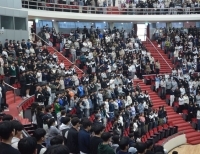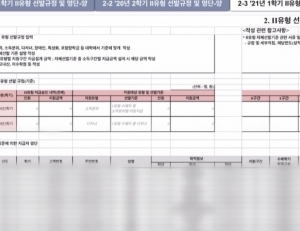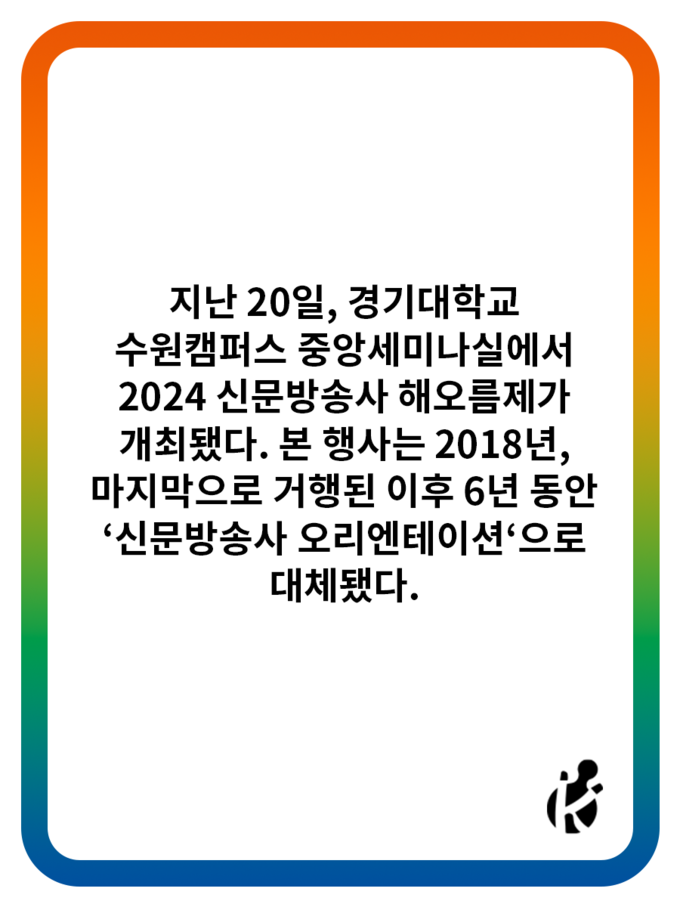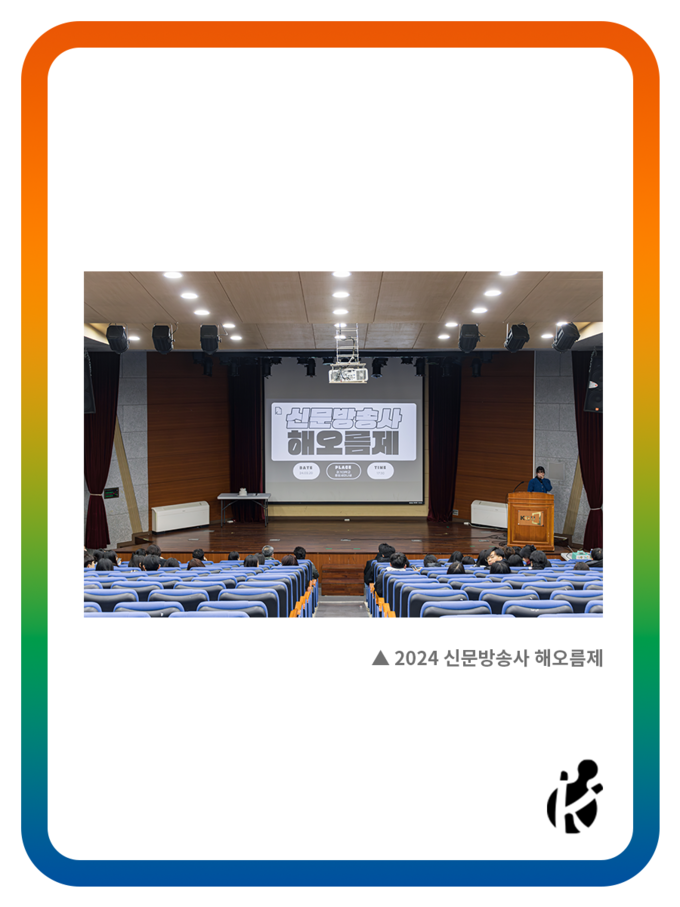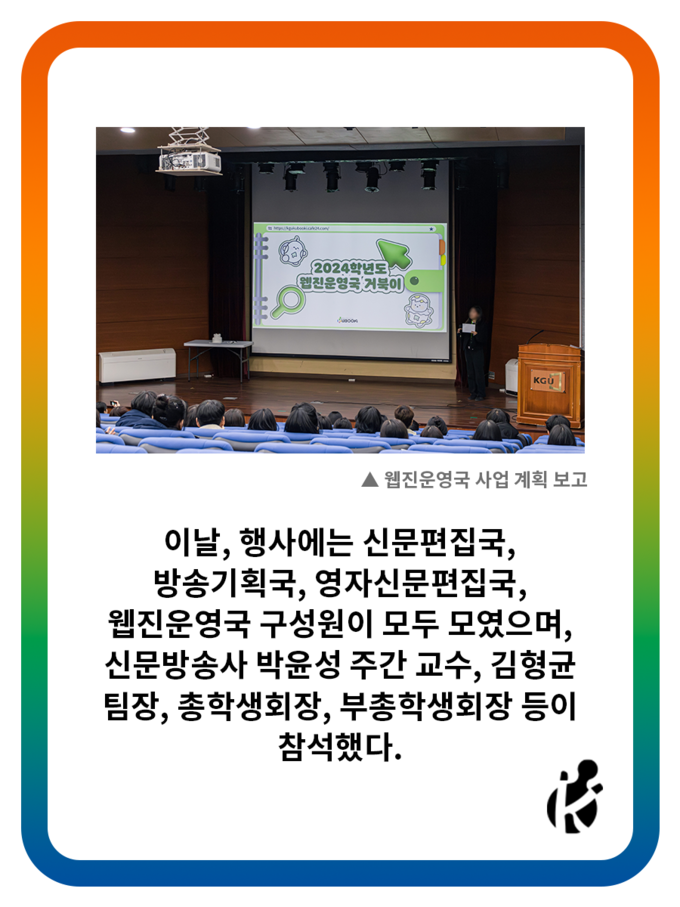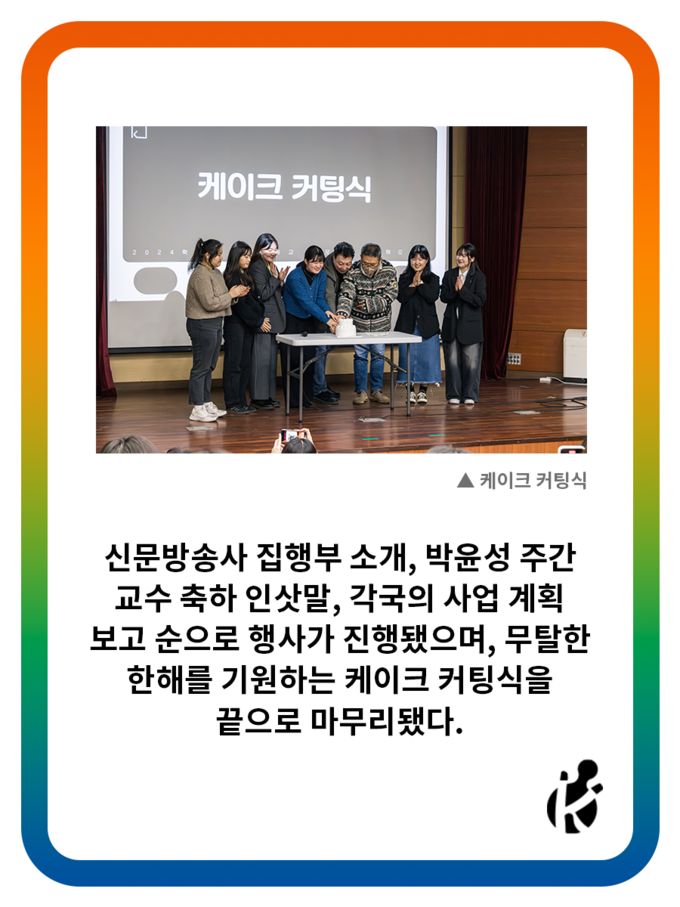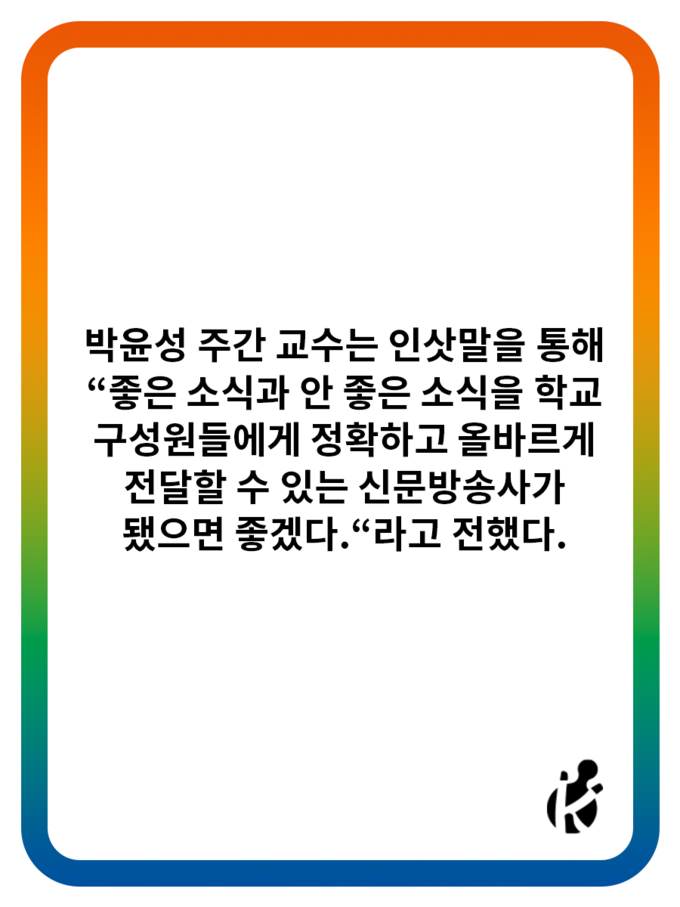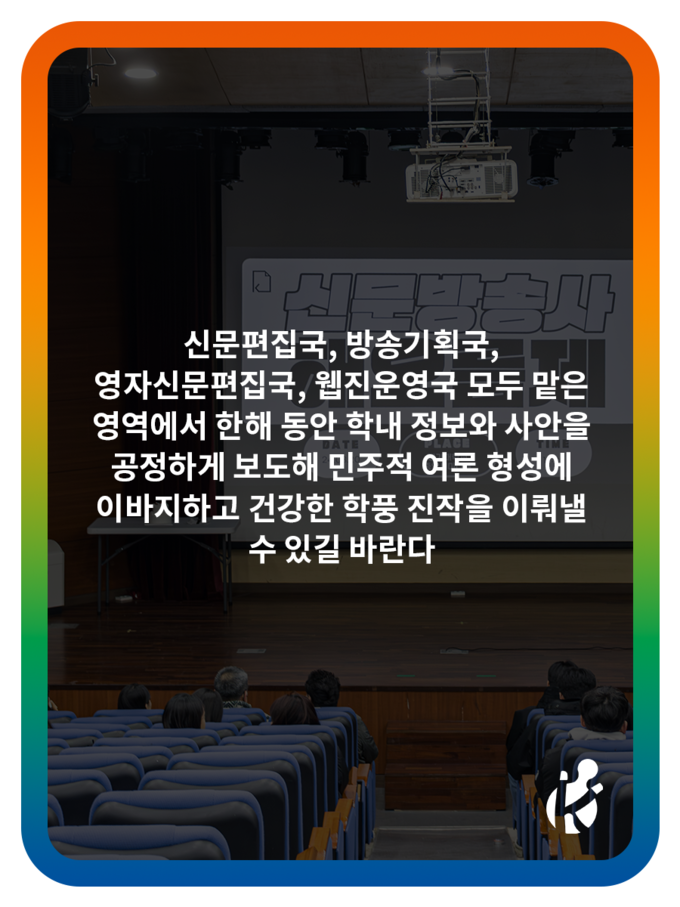With the development of smartphones, it is difficult to find people who still listen to music using CD’s. However, sales of physical albums increased by 31% compared to the previous years. These figures may seem positive because they can be interpreted that the number of people interested in K-pop has increased, but they are not positive from an environmental point of view. This is because the increase in album production means that carbon emissions are also increasing, which means that environmental pollution is accelerating. K-pop fans line up at large bookstores early in the morning to buy albums when their favorite K-pop artists release a new album. They want a ‘photo card,’ not the album itself. A ‘photo card’ is a card with pictures of the artists, and fans buy dozens or hundreds of the same albums to get them. If they buy just one album, the probability of getting the desired photo card is very low, so fans have no choice but to purchase the album until they find one with the photo card they want. What will happen to the albums bought like this? They are thrown into the trash. K-pop artists’ albums are difficult to recycle because they consist of paper packing, plastic CD’s, and various other materials mixed together. However, the entertainment industry puts that fact aside and uses various tactics to increase revenue from album sales.
‘K-POP 4 PLANET’ is an organization that aims to create a healthy K-pop culture that does away with these practices. They campaigned to demand that entertainment companies come up with solutions to unnecessarily high-volume album sales. The campaign’s slogan is, “No K-pop on a dead planet.” During March this year, they received 8,000 albums that were difficult to dispose of from K-pop fans and sent them back to the entertainment companies. The organization emphasized the irresponsibility of companies who create a system in which consumers have no choice but to buy a lot of albums and where the environmental responsibility is left to consumers.
However, there are also positive examples of physical album composition. For example, Song Min-ho, a member of the group Winner, produced physical copies of his third full-length album, “To Infinity,” consisting of low-carbon paper and biodegradable plastic. New Zealand singer-songwriter Lorde chose to replace the CD with a download card when making an album. In addition, there is one band that has really shown how their actions will affect the environment, which is Coldplay. They temporarily suspended their world tour in 2019, revealing that they generated a huge amount of carbon and trash when they conducted the world tour. Since then, they have used recycled aviation fuel on their airplanes. Furthermore, their world tour was organized using eco-friendly materials and ways to maximize energy efficiency when performing their concert set. All of these artists have made efforts toward sustainable energy use and used their influence to help protect the environment.
As the plastic problem becomes serious, public voices are growing about the importance of environmental protection. In particular, young people make up most of the fan base and they are interested in environmental protection. The problem with album sales has been a constant topic, but it has not become a social issue and is being discussed constructively only among a few fans. The system in which fans have no choice but to purchase a lot of albums is only focused on the profits of entertainment companies, and such a deep-rooted system cannot be resolved by individuals alone. However, the voices of K-pop fans are making a difference. Since K-pop is a culture that is exported all around the world, not only fans but also the general public needs to focus on these problems. In addition, as various companies are showing different sales strategies to protect the environment, the K-pop industry will have to accept these changes to achieve a sustainable industry.
78th Cub Reporter • Lee Hyeon Seo • zzhs00@naver.com
- TAG
-
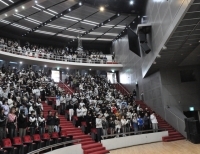 What Happened in KGU? : 수원캠퍼스 학생총회 편
On April 4th, a general meeting of students was held in the Tele-convention center at the Suwon campus. The contents were the same as the general meeting of students in the Seoul campus: the first part was for agenda announcement, the second part was about the Membership Training for whole university, and the third part was simple Q&A time. In the first part, the agendas were all the same as the ones for the Seoul campus, and the result of the ...
What Happened in KGU? : 수원캠퍼스 학생총회 편
On April 4th, a general meeting of students was held in the Tele-convention center at the Suwon campus. The contents were the same as the general meeting of students in the Seoul campus: the first part was for agenda announcement, the second part was about the Membership Training for whole university, and the third part was simple Q&A time. In the first part, the agendas were all the same as the ones for the Seoul campus, and the result of the ...

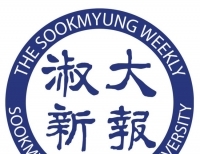 [타 대학보 축사] 경기대신문의 1100호를 진심으로 축하드립니다
[타 대학보 축사] 경기대신문의 1100호를 진심으로 축하드립니다
 [와이파이] 큰 박스에 달랑 물건 하나, 과대포장 규제 정책 시행은 언제쯤
[와이파이] 큰 박스에 달랑 물건 하나, 과대포장 규제 정책 시행은 언제쯤
 [문화산책] 이 세계는 멋져 보이지만 모두 환상이야
[문화산책] 이 세계는 멋져 보이지만 모두 환상이야
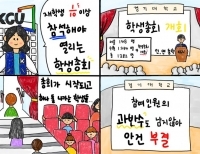 [네컷만화] 학생총회
[네컷만화] 학생총회

 목록
목록





